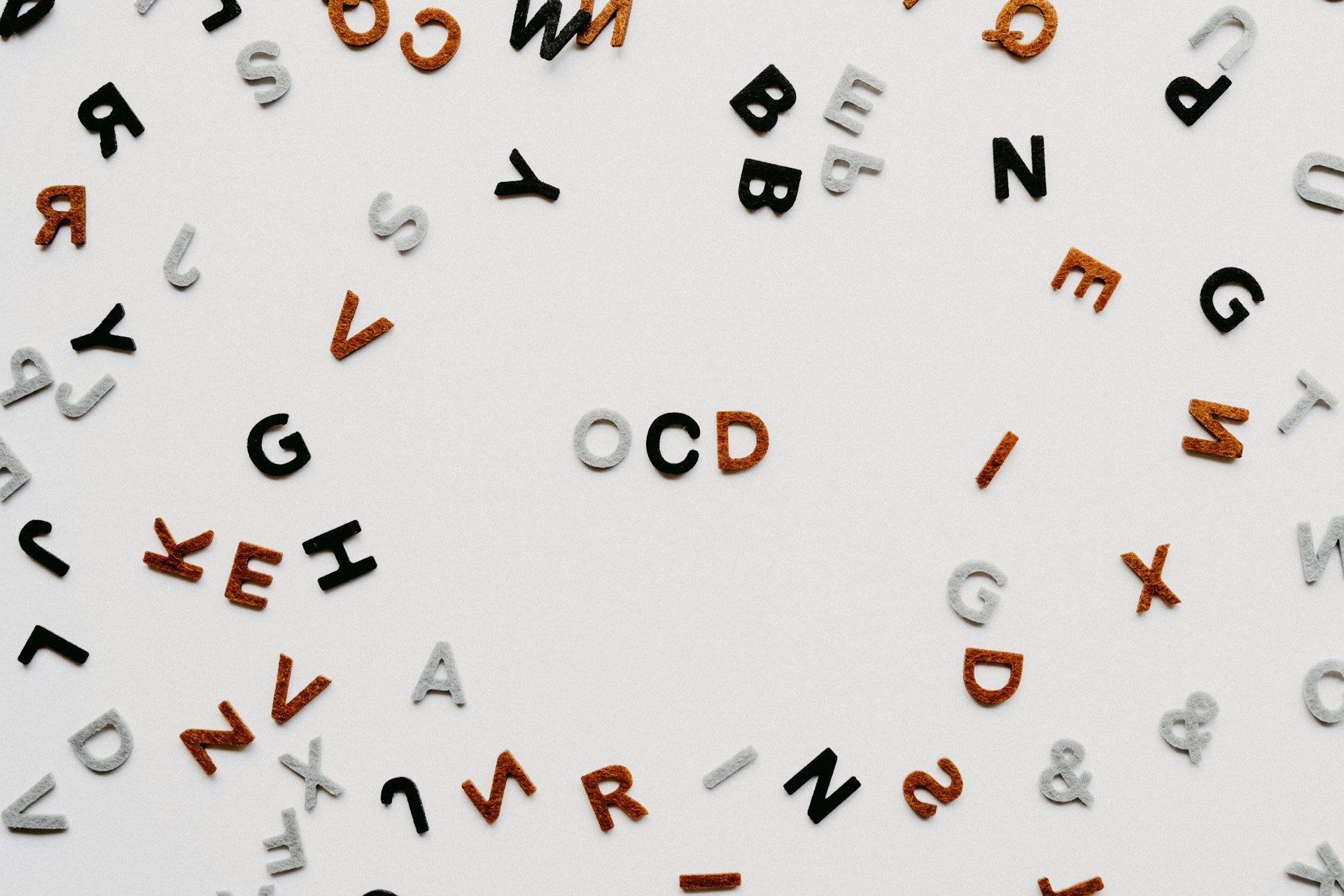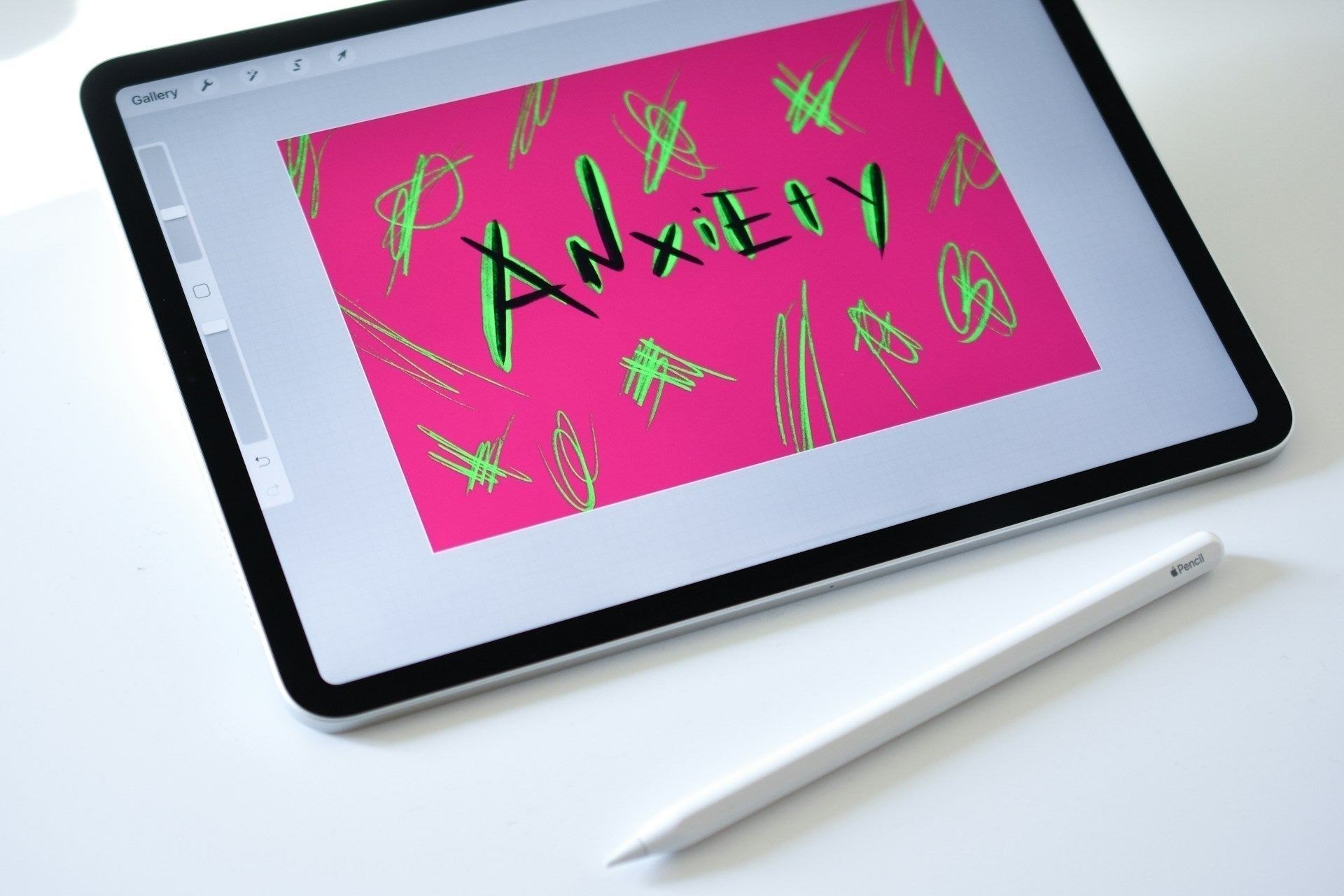Introduction
Stress is an unavoidable part of modern life. Whether it’s the pressures of work, the demands of family, or simply navigating the fast-paced world we live in, stress is something we all experience. While a certain level of stress can be motivating and even beneficial, chronic stress can have serious consequences for both our physical and mental health. That’s why effective stress management is crucial—not just for surviving, but for thriving in today’s world.
The Impact of Stress on Health
When left unchecked, stress can wreak havoc on your body and mind. Physically, stress triggers the release of hormones like cortisol and adrenaline, which, over time, can lead to high blood pressure, heart disease, and a weakened immune system. Mentally, chronic stress can contribute to anxiety, depression, and a general sense of overwhelm. In fact, the American Psychological Association notes that stress is a major contributor to the six leading causes of death, including heart disease, cancer, and suicide. Understanding the gravity of stress is the first step in learning how to manage it effectively.
Understanding Stress
What is Stress?
Stress is the body's natural response to any demand or threat. When you perceive a challenge—whether it’s a tight deadline at work or an argument with a friend—your body activates a "fight or flight" response. This physiological reaction is designed to help you deal with immediate threats by releasing hormones that increase your heart rate, quicken your breath, and sharpen your senses. While this response can be life-saving in certain situations, constant activation due to everyday stressors can be harmful.
The Stress Response
During the stress response, your body releases hormones like cortisol and adrenaline. These hormones prepare your body to respond to a threat by increasing your heart rate, redirecting blood flow to essential muscles, and boosting your energy levels. However, if your body remains in this heightened state for too long, it can lead to serious health problems, including chronic fatigue, digestive issues, and mental health disorders like anxiety and depression.
Recognizing the Signs of Stress
Physical Symptoms
Stress often manifests physically before you even recognize it mentally. Common physical symptoms include headaches, muscle tension, fatigue, and digestive problems. Some people might also experience frequent colds or infections due to a weakened immune system.
Emotional and Behavioral Symptoms
Emotionally, stress can make you feel irritable, anxious, or depressed. You might also notice behavioral changes, such as withdrawing from social activities, changes in eating or sleeping habits, or increased reliance on substances like alcohol or caffeine. Recognizing these signs early can help you take steps to manage stress before it becomes overwhelming.
10 Proven Stress Management Techniques
Mindfulness Meditation
Mindfulness meditation is a powerful tool for managing stress. By focusing on the present moment and observing your thoughts without judgment, you can reduce the mental clutter that contributes to stress. Research from Harvard Medical School has shown that mindfulness meditation can reduce symptoms of anxiety and depression while improving overall well-being. Start with just 5-10 minutes a day, sitting quietly and focusing on your breath. As you become more comfortable, you can gradually increase the time.
Deep Breathing Exercises
Deep breathing is one of the simplest and most effective ways to calm your nervous system. Techniques like the 4-7-8 method, where you inhale for 4 seconds, hold your breath for 7 seconds, and exhale for 8 seconds, can quickly reduce stress and promote relaxation. According to the Mayo Clinic, deep breathing increases oxygen supply to your brain and stimulates the parasympathetic nervous system, promoting a state of calm.
Physical Activity
Exercise is a natural stress reliever. Physical activity increases the production of endorphins, your brain’s feel-good neurotransmitters, and helps to lower the levels of cortisol. Regular exercise, whether it’s yoga, running, or even a brisk walk, can significantly improve your mood and reduce anxiety. The American Heart Association recommends at least 150 minutes of moderate exercise per week for optimal health.
Healthy Eating Habits
What you eat can have a big impact on how you feel. Diets high in sugar, caffeine, and processed foods can increase stress levels, while a balanced diet rich in fruits, vegetables, whole grains, and lean proteins can stabilize your mood. Omega-3 fatty acids, found in fish and flaxseeds, are particularly beneficial for reducing stress and anxiety. Keeping your blood sugar levels stable by eating small, regular meals can also prevent mood swings and stress.
Time Management
Poor time management can lead to a constant feeling of being overwhelmed. By prioritizing your tasks, setting realistic goals, and breaking large projects into smaller, manageable steps, you can reduce the pressure on yourself. Tools like to-do lists, calendars, and time-blocking can help you stay organized and focused. Remember, it’s okay to say no to additional responsibilities if they’ll overload you.
Sleep Hygiene
Sleep is crucial for stress management. Lack of sleep can increase cortisol levels and make it harder to cope with stress. Establishing a regular sleep schedule, creating a relaxing bedtime routine, and ensuring your sleep environment is conducive to rest can help you get the quality sleep you need. According to the National Sleep Foundation, adults should aim for 7-9 hours of sleep per night.
Social Support
Connecting with others is a fundamental human need and can be a powerful buffer against stress. Whether it’s talking with a trusted friend, spending time with family, or seeking professional counseling, having a support system can help you navigate life’s challenges. Studies show that social support not only improves mental health but also extends life expectancy.
Creative Outlets
Engaging in creative activities, such as painting, writing, or playing a musical instrument, can be an effective way to reduce stress. These activities provide an opportunity to express yourself and can serve as a distraction from stressors. According to research published in the Journal of Positive Psychology, creative activities can boost mood, reduce anxiety, and increase overall life satisfaction.
Digital Detox
Constant connectivity can contribute to stress, especially with the pressures of social media and the 24-hour news cycle. Taking a break from screens allows your mind to rest and reset. Start by setting specific times during the day to check your devices, and consider implementing a "tech-free" hour before bed. A study from the University of Pennsylvania found that reducing social media use significantly decreased feelings of loneliness and depression.
Cognitive Behavioral Techniques (CBT)
CBT is a type of therapy that helps you identify and change negative thought patterns that contribute to stress. By challenging irrational thoughts and replacing them with more balanced ones, you can reduce the impact of stress on your life. Simple CBT exercises, like keeping a thought diary or practicing positive affirmations, can be effective ways to manage stress on your own.
The Role of Crystals in Managing Stress: A Holistic Approach
In the quest to manage stress, many people are turning to ancient practices that combine physical and spiritual elements. One such practice is using crystals, which have been revered for centuries for their healing properties and ability to influence energy fields. While the scientific community may still be exploring the full extent of these benefits, many find comfort and peace in incorporating crystals into their stress management routines.
How Crystals Can Help with Stress
Crystals are believed to work by interacting with the body's energy field, also known as the aura, to promote balance and well-being. Each crystal carries its unique vibration and energy, which can resonate with the energies within our bodies, helping to harmonize, balance, and clear negative influences.-
Amethyst
Often referred to as the "stone of tranquility," amethyst is known for its calming and soothing energy. It’s commonly used to alleviate stress and anxiety by promoting mental clarity and emotional stability. Placing an amethyst crystal under your pillow or bedside table can help you relax and foster a peaceful sleep environment, which is crucial for stress recovery. -
Rose Quartz
This gentle pink crystal is associated with love and compassion, particularly self-love, which is essential when dealing with stress. Rose quartz encourages you to treat yourself with kindness and patience, reducing the self-criticism that often accompanies stressful situations. By holding rose quartz during meditation or simply keeping it close by, you can reinforce a sense of inner peace and emotional healing. -
Black Tourmaline
Known for its protective qualities, black tourmaline is said to absorb and repel negative energy, making it an ideal crystal for shielding oneself from stress-inducing environments. Carrying a piece of black tourmaline with you or placing it near your workspace can help create a barrier against stress, promoting a more grounded and centered state of being. -
Lepidolite
Rich in lithium, a mineral often used in mood-stabilizing medications, lepidolite is known for its ability to soothe the nervous system and ease feelings of anxiety and depression. It’s a powerful ally in stressful times, helping to calm the mind and encourage emotional balance. Meditating with lepidolite or wearing it as jewelry can be particularly beneficial when navigating challenging situations.
Incorporating Crystals into Your Stress Management Routine
Using crystals as part of your stress management routine can be as simple or intricate as you like. Here are a few ways to integrate them into your daily life:-
Meditation
To enhance the calming effects of meditation, hold a crystal in your hand or place it on your body. Please focus on the crystal's energy and let it guide you into a deeper state of relaxation. -
Creating a Crystal Grid
Arrange several crystals in a specific pattern to amplify their collective energies. Crystal grids can be designed for various purposes, including stress relief, and placed in your home or workspace. -
Carrying Crystals
Keep a small crystal in your pocket or wear it as jewelry. This gives you the crystal's protective and calming energy throughout the day, providing constant support. -
Placing Crystals in Your Environment
Surround yourself with stress-relieving crystals in areas where you spend the most time, such as your bedroom, living room, or office. This creates a tranquil atmosphere that helps to mitigate daily stressors.
While crystals are not a cure-all, they can serve as powerful tools in your stress management arsenal, providing energy and emotional support. By incorporating crystals into your self-care routine, you can create a more balanced, peaceful, and resilient approach to handling the stresses of modern life. Whether you believe in their mystical properties or enjoy their beauty, crystals can offer a unique and holistic way to enhance your well-being.
Creating a Personalized Stress Management Plan
Assessing Personal Stressors
Start by identifying the main sources of stress in your life. Are they related to work, relationships, finances, or health? Once you’ve pinpointed the stressors, you can develop specific strategies to address them.
Selecting Techniques That Work for You
Not every stress management technique will work for everyone. It’s important to experiment with different strategies and find what resonates with you. Whether it’s daily meditation, regular exercise, or a digital detox, the key is to be consistent with your practice.
Consistency is Key
The benefits of stress management techniques build over time. By incorporating these practices into your daily routine, you can create a resilient foundation that helps you handle stress more effectively. Remember, managing stress is a lifelong journey, not a one-time fix.
Conclusion
Stress is an inevitable part of life, but it doesn’t have to control you. By understanding the impact of stress and implementing proven techniques, you can bring more calm and balance into your daily life. The key is to take proactive steps to manage stress before it becomes overwhelming. Start small, be consistent, and most importantly, be kind to yourself as you navigate the challenges of life. After all, your well-being is worth the effort.
We’d love to hear your thoughts! Have you tried any of these stress management techniques? Share your experiences in the comments below, and don’t forget to subscribe to our blog for more tips on living a balanced, healthy life.




